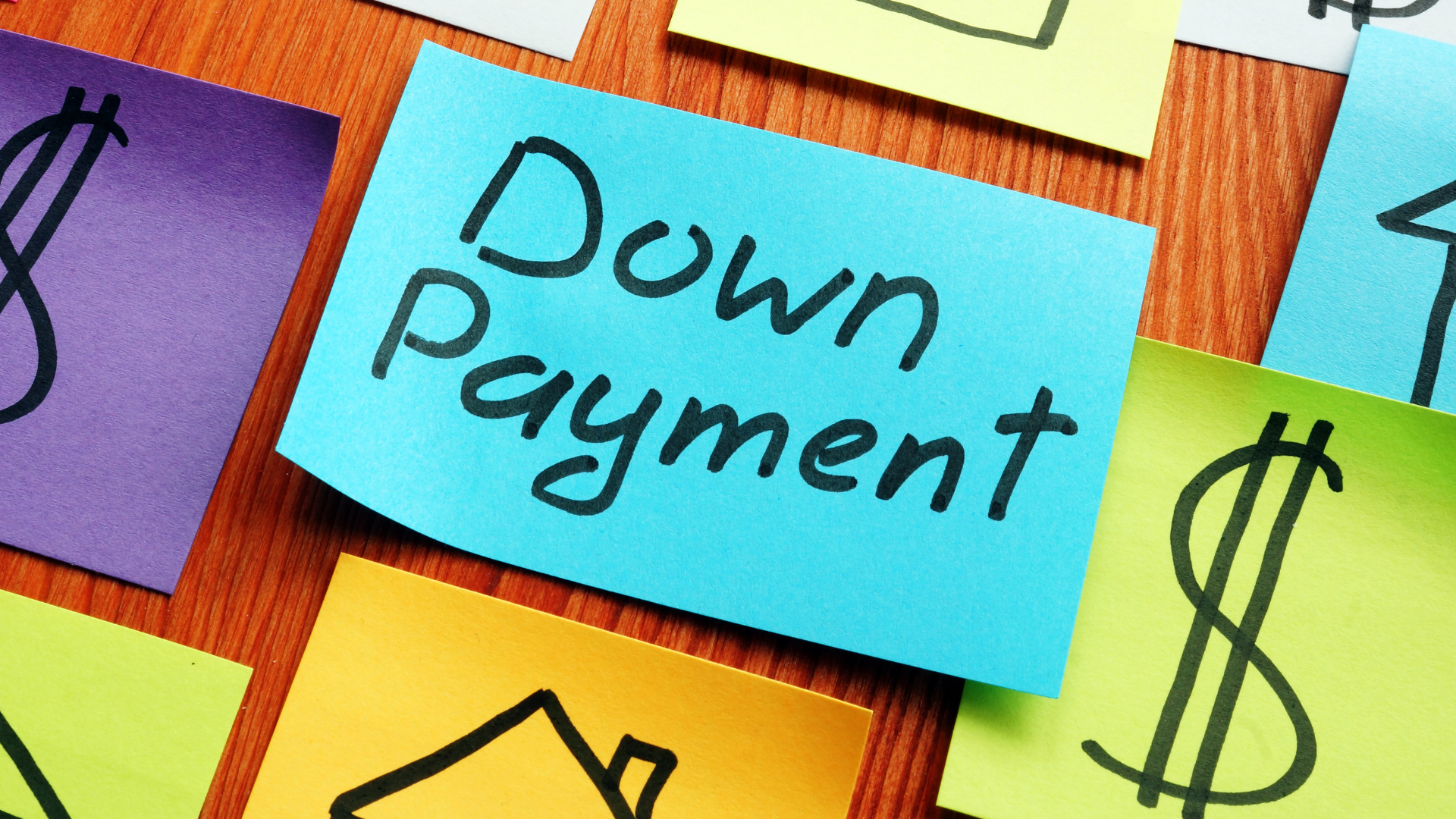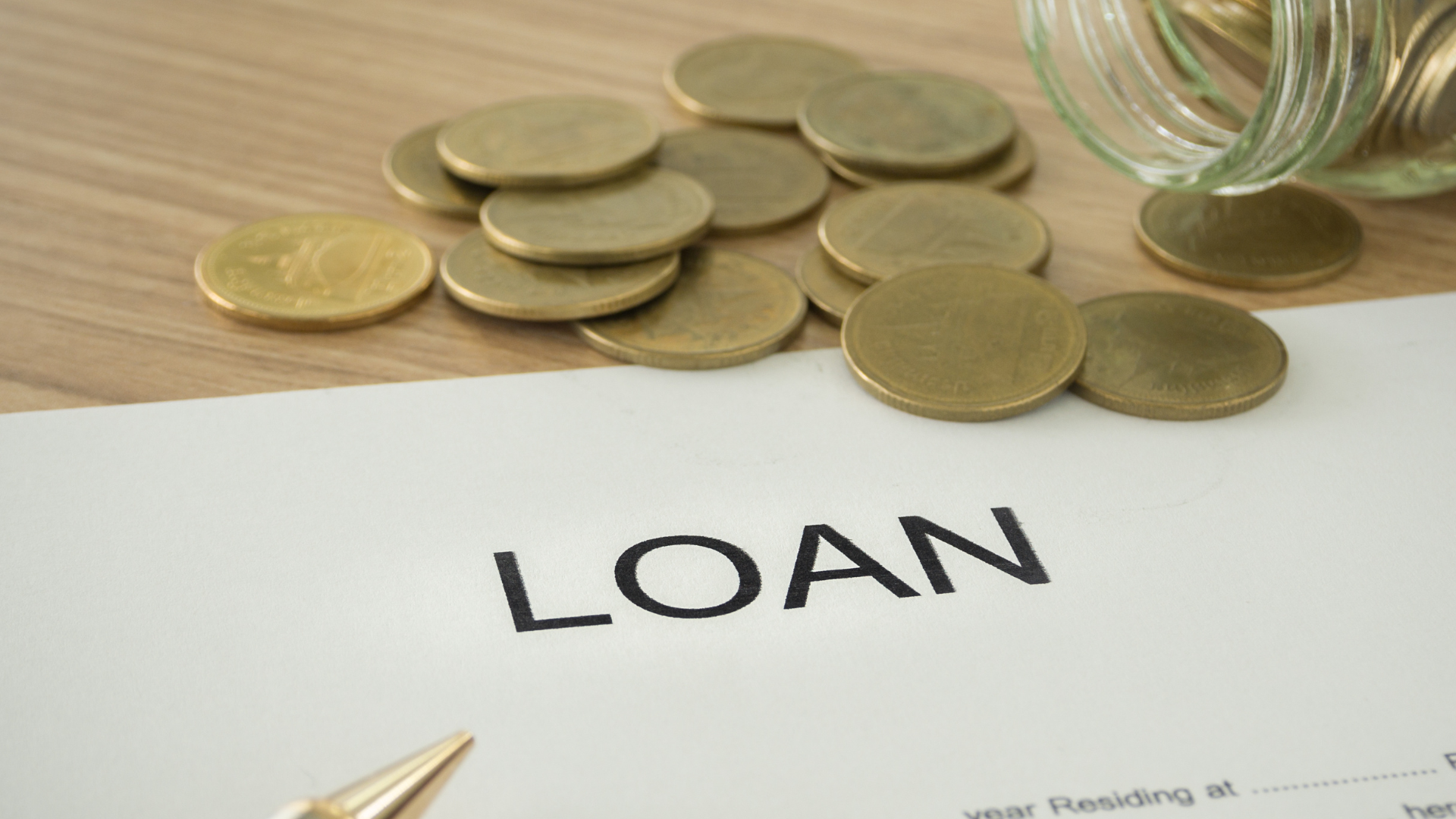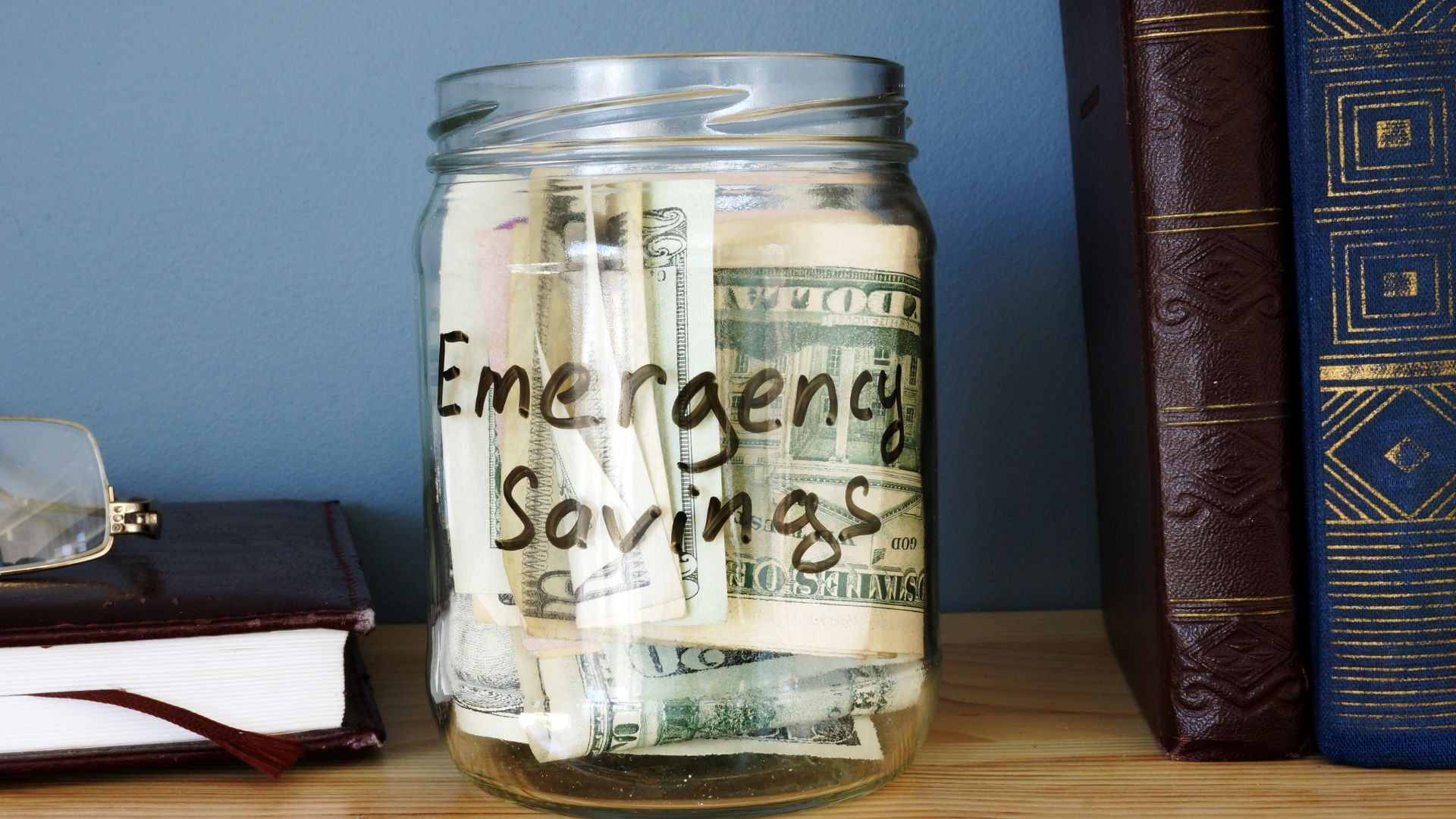

Before making the leap to a larger home, take time to evaluate your financial situation carefully. Review your income, monthly obligations, and current savings to see what’s realistic. Try using a home loan calculator to get an idea of your possible monthly payments and confirm they align with your comfort zone. Be sure to account for additional expenses like property tax, insurance premiums, and utilities — these typically rise as the size of your home increases.

Moving up to a bigger property usually means setting aside more money upfront. Begin saving early to reduce your dependence on borrowing and to keep future mortgage payments lighter. If you intend to sell your existing house, the equity you’ve built can be used as a helpful boost toward the down payment on your new place.

Purchasing a home isn’t just about the price tag — it also comes with moving, setup, and furnishing costs. You may need to pay for movers, buy additional furniture, or make some initial upgrades and repairs. By budgeting for these in advance, you’ll avoid unexpected financial strain once you’ve moved in.

Different lenders and loan types can vary greatly, so it’s smart to explore multiple options. Look into both fixed-rate and adjustable-rate mortgages to find one that suits your financial goals. Getting pre-approved can also clarify your borrowing limit and position you better to secure a competitive rate when you’re ready to buy.

With extra square footage comes higher running costs. Expect increased utility bills and more maintenance responsibilities. Consider investing in energy-efficient solutions or systems that help reduce long-term expenses. Planning regular upkeep will also prevent costly repairs later on.

Life often throws unexpected expenses your way — from sudden appliance failures to shifts in the housing market. Having a reliable emergency fund will help you manage these surprises without disturbing your financial balance or relying on credit.

Upgrading to a larger home can be rewarding, but it’s essential to plan ahead. When you understand your financial limits, prepare for upfront costs, and anticipate future expenses, the transition becomes smoother and more sustainable. Careful financial preparation ensures your dream home enhances your lifestyle — without creating unnecessary financial stress.
Email *
Our sales experts would be delighted to share their expertise as well as guidance with you and assist you right now. To arrange your next transaction, get in touch with us.
+91 905-905-4070
info@whitehouseinfra.com
Unit No - 1419, Tower 4, Dlf Corporate Greens, Southern Peripheral Rd, Sector 74A, Gurugram, Haryana 122004
Copyright © 2023 White House Infra